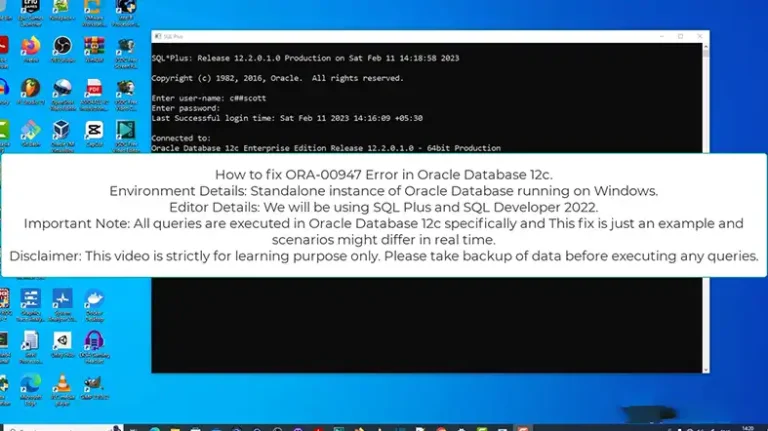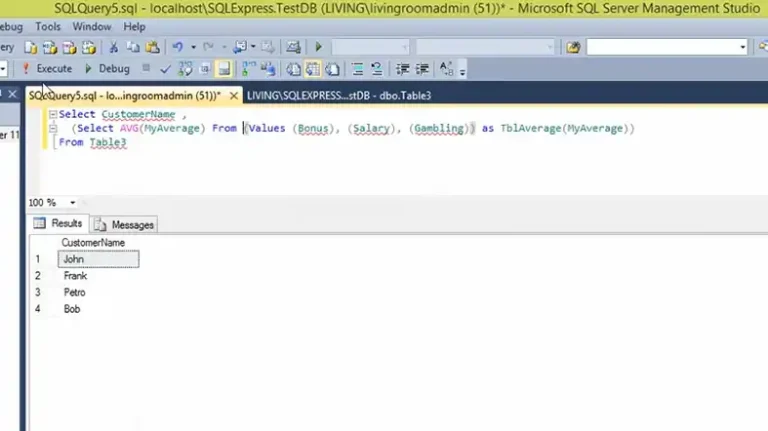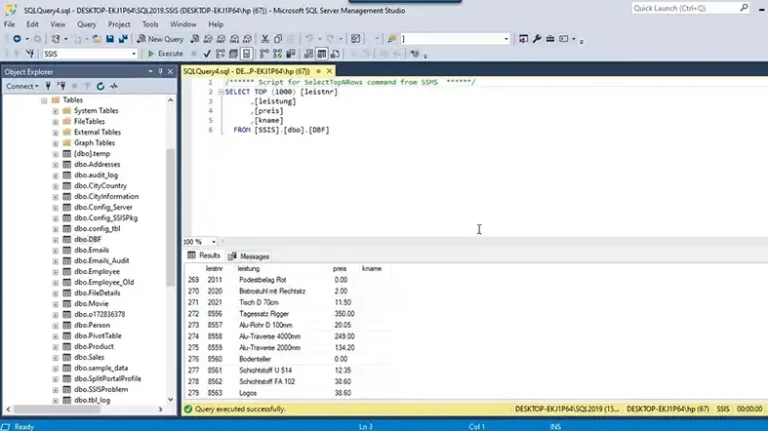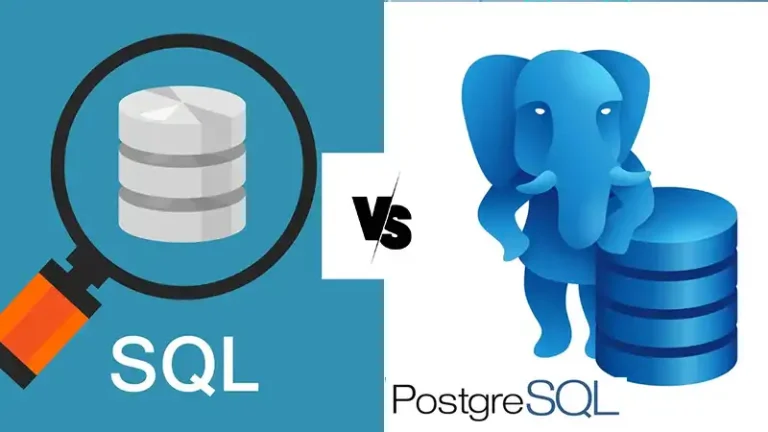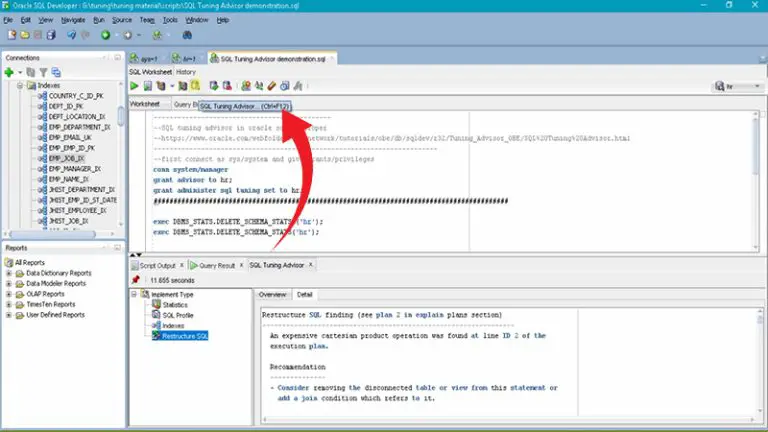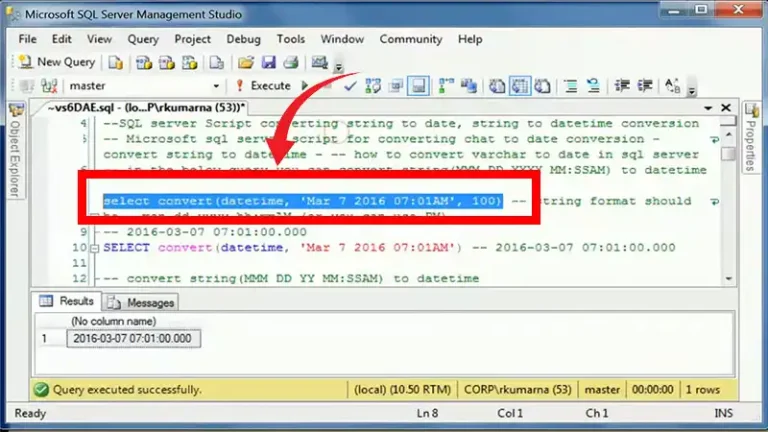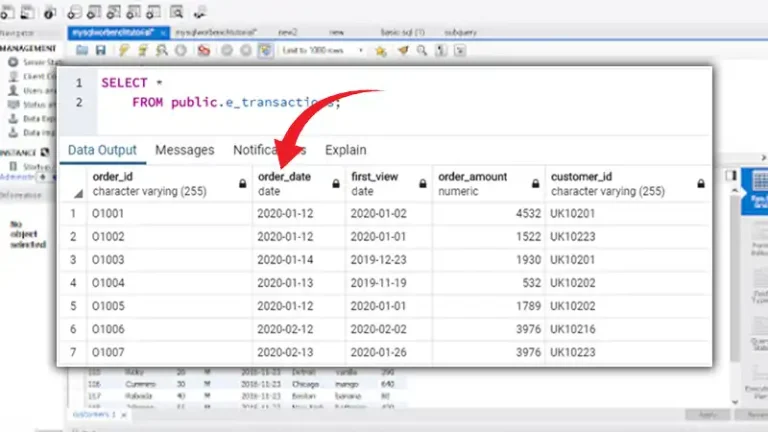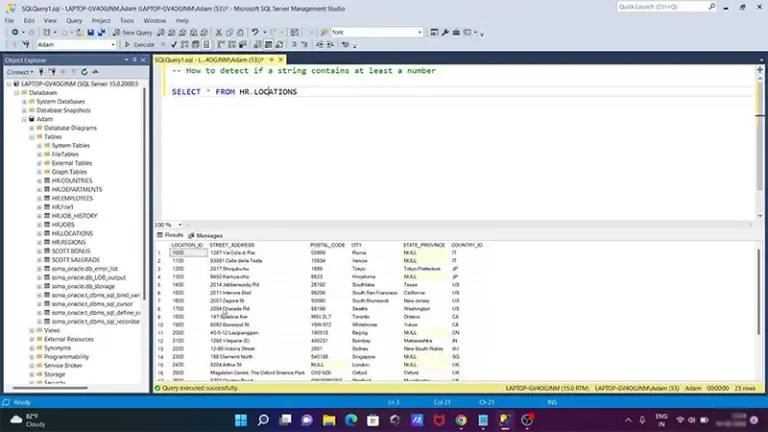SQL Error Ora 00913 Too Many Values
The SQL error “ORA-00913: too many values” typically occurs when you are trying to insert more values into a table than there are columns in the table. This error indicates a mismatch in the number of values being provided and the number of columns in your SQL statement. To fix this issue, make sure the…

